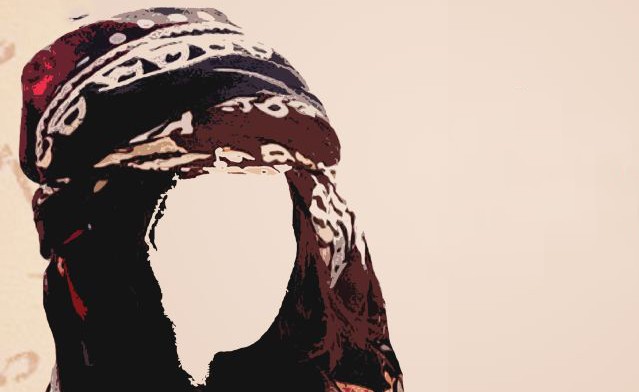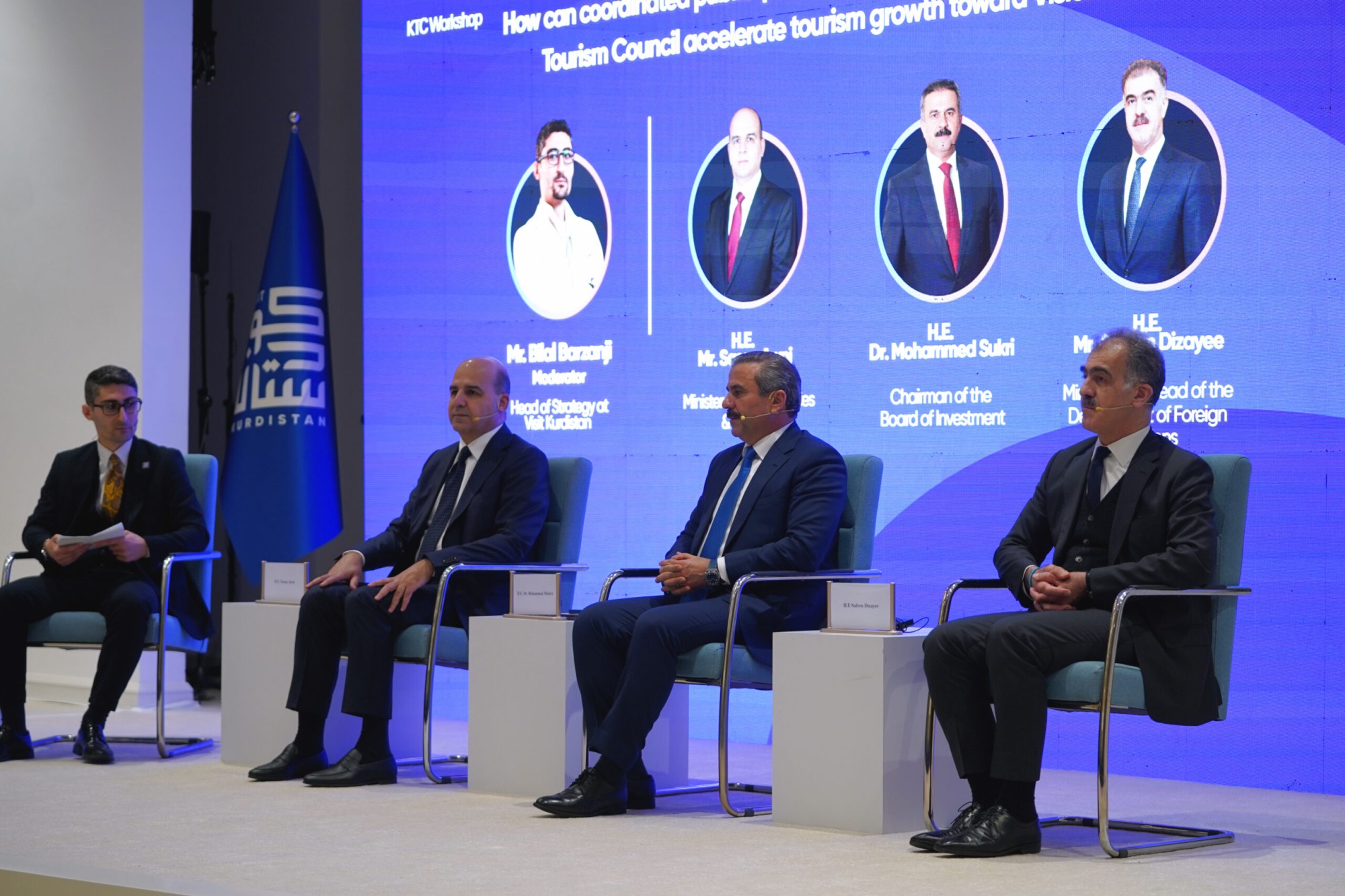Kurdistan Regional Government (KRG) Prime Minister Masrour Barzani on June 3 visited the Yezidi Lalish temple and was welcomed by Yezidi leaders, including Mir Hazim Tahsin Beg, the spiritual leader of the Yezidis.
The visit comes ahead of the 10th anniversary of the Yezidi genocide in August. ISIS’s atrocities against the Yezidis in August 2014 are widely recognized as a genocide.
“I was deeply moved by the visit to the spiritual center and temple of our Yazidi brothers and sisters in Lalish today,” Prime Minister Barzani posted on X.
“Yazidis are a resilient people. We will continue to support their recovery and their right to return to their ancestral homeland of Sinjar on their own terms.”

In October 2020, the Iraqi Federal Government and the KRG signed the Sinjar Agreement with support of the UN, aimed at stabilizing the situation in Sinjar and allowing the return of internally displaced persons that fled the genocide. However, the agreement has not been implemented yet due to opposition from local militias.
Read More: U.S. Religious Commission Urges Action to Rescue Yezidis, Implement Sinjar Agreement
The U.S. Commission on International Religious Freedom, an independent, bipartisan U.S. federal government entity that monitors religious freedom, on March 18 called on the U.S. government to support the implementation of the Sinjar Agreement.

So far, only 500 families have returned to Sinjar in 2024 through the Returns Working Group due to unresolved displacement issues, the KRG’s Joint Crisis Coordination Center (JCC) said in a post on X on May 20.
Read More: U.S. Encourages Baghdad to Address Militia Presence in Sinjar

On May 9, Prime Minister Barzani and U.S. Under Secretary for Civilian Security, Democracy, and Human Rights Uzra Zeya discussed the implementation of the Sinjar Agreement, “the removal of militias and unlawful groups, thereby facilitating the stabilization of the region, the reconstruction of Sinjar, and the voluntary repatriation of refugees.”
Under Secretary Zeya delivered remarks commemorating the 10th anniversary of the Yezidi genocide at the Lalish temple on May 10 and called on Baghdad to “address concerns over the role of militias in areas liberated from ISIS such as Sinjar, the Nineveh Plain, and the homelands of other components of Iraqi society.”

